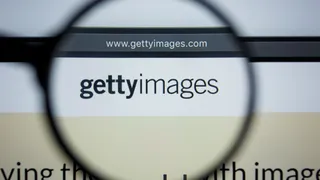
The Front Lines of Defense
There’s a huge global market for counterfeits. Amounting to 3.3 percent of world trade, global sales of counterfeit and pirated goods hit US $509 billion a year in 2016, according to “Trends in Trade in Counterfeit and Pirated Goods,” a March 2019 report from the European Union Intellectual Property Office’s (EUIPO) Observatory and the Organisation for Economic Co-operation and Development (OECD).
Already registered?
Login to your account
If you don't have a login or your access has expired, you will need to purchase a subscription to gain access to this article, including all our online content.
For more information on individual annual subscriptions for full paid access and corporate subscription options please contact us.
To request a FREE 2-week trial subscription, please signup.
NOTE - this can take up to 48hrs to be approved.
For multi-user price options, or to check if your company has an existing subscription that we can add you to for FREE, please email Adrian Tapping at atapping@newtonmedia.co.uk

